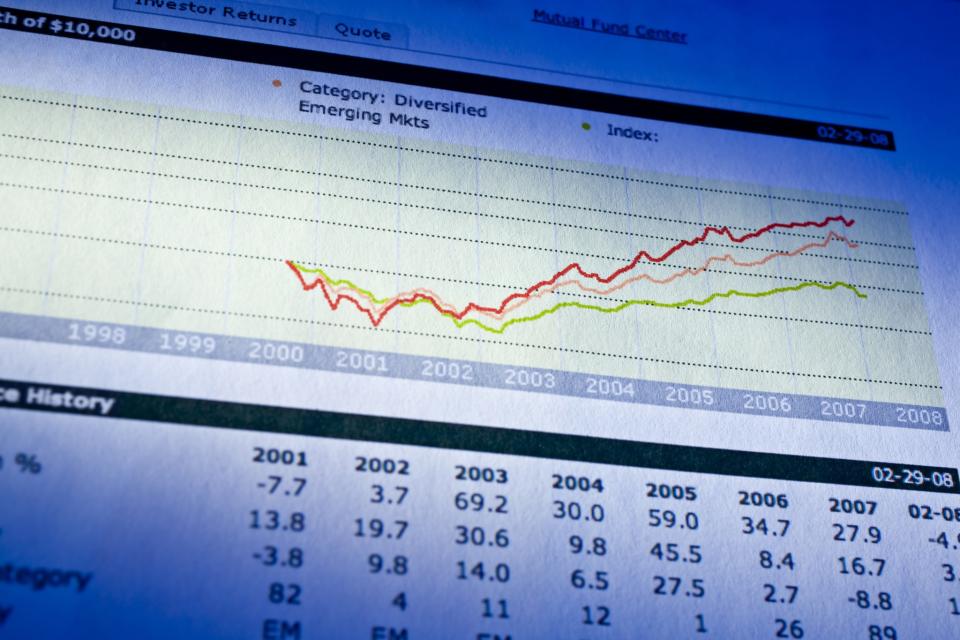What are ETFs, and are they the right investment vehicle for you?

Canadian held over $115 billion in exchange traded fund (ETF) assets at the end of January, according to the Canadian ETF association, a $2.3 billion increase from the year’s close which was already a staggering 27 per cent year over year rise from the end of 2015.
Traditional mutual funds have faced pressure in recent years from ETFs, which have emerged as a lower-cost, diversified alternative. While both take a similar approach to investing, coupling together stocks, bonds and fixed-income securities, ETFs tend to be more hands-off than mutual funds (which are usually managed by professionals) and anchored to an index, sector or country under banners like “emerging markets” or “information technology”.
Launched in 1993, the investment vessel has seen a major marketing push more recently, which might explain why BlackRock Asset Management Canada’s recent survey on ETFs found millennials and younger Canadians were leading the charge in adoption of ETFs. The company markets its version of ETFs under the iShares banner.
According to the survey, 85 per cent of millennials and 76 per cent of gen X-ers are more likely to allocate new investments to ETFs than their older counterparts at 44 per cent. Younger Canadians were also less likely to turn to advisors for help when picking out ETFs.
BlackRock found that 46 per cent of boomers and 49 per cent of “silvers” were likely to speak with a professional financial advisor, stockbroker or accountant to learn about ETFs compared to only a third of gen X-ers (35 per cent), and just 28 per cent of millennials. Instead, the younger groups turn to financial websites to research the investment vehicle – at least this is the case for 38 per cent of millennials and 41 per cent of gen X.
“I think a lot of it is a backlash against the industry and its lack of performance… that’s what has sprouted the popularity of ETFs,” explains Adam Hennick, investment advisor at Hennick Wealth.
He points out that a lot of the marketing surrounding ETFs point to their low cost, on account of the passive investment style and the lower overheads that creates surrounding management fees. The average management expense ratio (MER) for a Canadian mutual fund sits around 2 per cent versus ETFs, which can trade as low at 0.2 per cent.
But, as always, you get what you pay for, says Hennick.
“It’s hard to do it yourself… you need to be adept at the process of investing,” he says. “If we took $10,000 every year and spilt a thousand between markets, I don’t know if you’d get the (best) returns.”
Not to say the managers looking after the ETFs aren’t doing a good job; they can definitely be adept at building these indexes, says Hennick. But a more hands-on approach is worth it for investors who don’t have time to go online and do the research themselves or want a more actively-managed portfolio.
“(What if) there’s an overvaluing of the Asian markets? Someone adept at investing would say ‘on a historical basis, the Asian markets are just too high and we should probably protect ourselves by selling some of this down and maybe keeping it in cash,’ ” he says. “I don’t think that can be managed by an algorithm, at the end of the day someone has to be responsible and adept at the investor process.”
More personal finance news from Yahoo Canada Finance:

 Yahoo Finance
Yahoo Finance 